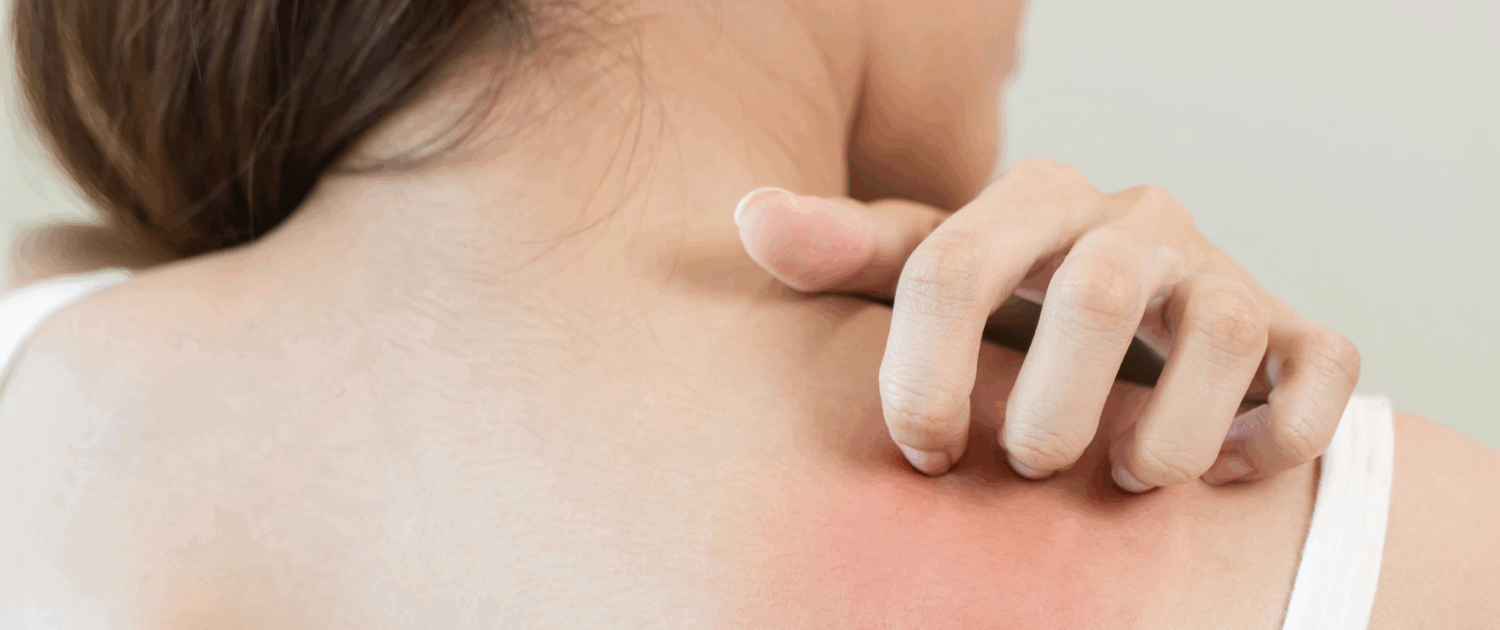Should I Take Vitamins or Supplements for My Skin?
Vitamins are essential for overall health — something most of us learned growing up. Today, many supplements are marketed specifically for skin, hair, and nail health. But are these beauty supplements and ingestible skin care products worth adding to your routine? Here’s what dermatologists say.
Do You Need Supplements for Skin, Hair, and Nails?
According to the dermatologists at All Dermatology, most healthy adults should meet their nutrient needs through food rather than supplements. Many foods are naturally rich in vitamins and minerals, and others are fortified with them.
However, if your dermatologist or doctor finds that you have a deficiency, supplements may be necessary. In those cases, your provider will recommend the right brand and dosage for your needs.
Are Skin Supplements Safe?
Not all supplements are as beneficial as they appear. Some may not work at all for your skin, while others could negatively impact your health.
One major concern is that supplements are not regulated by the U.S. Food and Drug Administration (FDA). This means companies are not required to prove their products are safe or effective before selling them.
To ensure safety, choose supplements that have been independently verified. Look for seals or certifications from organizations such as:
Be cautious of products that make unrealistic claims, such as curing conditions or offering money-back guarantees.
Possible Risks of Supplements
-
Some supplements can interact with medications or medical conditions.
-
Biotin, for example, can interfere with certain blood test results.
-
High doses or unnecessary supplements may cause side effects like allergic reactions, digestive issues, or even increase health risks.
Checklist for Buying Beauty Supplements
Before purchasing any supplement for skin, hair, or nails, make sure you can answer “yes” to each of these questions:
-
Was it made by a reputable distributor?
-
Do I trust the store selling it?
-
Can I take it safely with my other medications?
-
Do I actually need the ingredients to treat a condition?
-
Is the dosage correct for me?
-
Does it fit my dietary needs (e.g., gluten-free if required)?
Getting Skin-Boosting Nutrients From Food
If you are healthy and don’t have vitamin deficiencies, a balanced diet is the best way to get nutrients that support your skin, hair, and nails. Here’s where to find the most common ones naturally:
Vitamin A
-
What it does: Helps reduce signs of aging
-
Foods: Leafy greens, orange/yellow vegetables, liver, fish, eggs, dairy
Vitamin C
-
What it does: Antioxidant that protects against sun damage, supports collagen, and boosts immunity
-
Foods: Citrus fruits, red and green peppers
Vitamin D
-
What it does: Strengthens bones and reduces inflammation
-
Foods: Fortified milk, cereals, orange juice, fatty fish (salmon, tuna), egg yolks, cheese
Vitamin E
-
What it does: Antioxidant that reduces inflammation and supports immunity
-
Foods: Vegetable oils (sunflower, safflower), nuts, seeds, green veggies, fortified foods
Biotin
-
What it does: Often promoted for skin, hair, and nail growth
-
Foods: Meat, fish, eggs, nuts, seeds
Collagen
-
What it does: Structural protein that supports skin elasticity and nail/hair strength
-
Foods: Chicken, fish, egg whites, bone broth
Omega-3 Fatty Acids
-
What it does: Reduces inflammation and helps with skin dryness and irritation
-
Foods: Fatty fish, seafood, nuts, seeds
Probiotics
-
What it does: May improve atopic dermatitis and support digestion
-
Foods: Yogurt, kefir, and other fermented foods
Bottom Line
Most people can support healthy skin through a nutrient-rich diet rather than supplements. However, if you have a deficiency or specific condition, your doctor may recommend targeted vitamins or supplements. Always check labels for quality certification, and consult your dermatologist before adding anything new to your routine.


